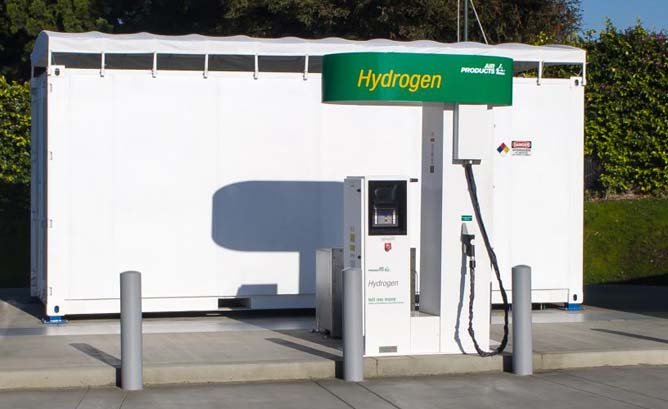In October, the Alternative Fuel Infrastructure Deployment Regulation (AFIR) was approved by the European Parliament. It states that there must be a hydrogen refuelling station every 100 km across the continent.
«The deployment of hydrogen infrastructures and projects is accelerating compared to recent years,» Hydrogen Europe told Mobility Portal.
They are positive about the approval of the regulation and hope that it will pass the trilogues so that it can finally be applied within the European Union.
That is why they comment: «This would be seen by the hydrogen industry as an excellent achievement. It will certainly provide the industry with certainty that the hydrogen fuel cell vehicles they build will be viable and would stimulate the production of more hydrogen fuel cell vehicles.
However, it is not all positive, and the association sees problems that could be barriers to infrastructure deployment. The number one point is the lack of a regulatory framework, which seems to be starting to be resolved.
However, another factor preventing faster progress is geopolitical upheaval (specifically the illegal invasion of Ukraine). They argue that this «will be the focus of attention in the short term».
But if the targets set by AFIR are met, by 2027 it should be reaching:
- 1,780 filling stations across Europe,
- Up to 1 million tonnes of hydrogen will be supplied annually,
- Up to 59,000 trucks will be fuelled (assuming 60 kg/truck per day).
«For the hydrogen sector, the 100 km distance to refuelling stations is of enormous importance,» explains Hydrogen Europe.
Agreements signed at COP 27
The EU signed three initial agreements for the import of renewable hydrogen at UN COP 27. It concluded an agreement with Kazakhstan, followed by partnerships with Namibia and Egypt.
Under these agreements, the EU will invest in the required infrastructure through the Global Gateway programme, which was launched last year and has been endowed with 300 billion euros ($299.5 billion).
«More hydrogen supply agreements in the European market will increase the uptake of transport projects,» says Hydrogen Europe.
The programme aims to «deliver high quality and sustainable projects, taking into account the needs of partner countries and ensuring lasting benefits for local communities».
It sets objectives for partners, including identifying joint projects, aligning with environmental, social and governance standards, increasing transparency around investments and cooperating on research and innovation.
The EU and Kazakhstan plan to develop a more specific roadmap for 2023-24 «with concrete joint actions» in the next six months, the commission said.




















